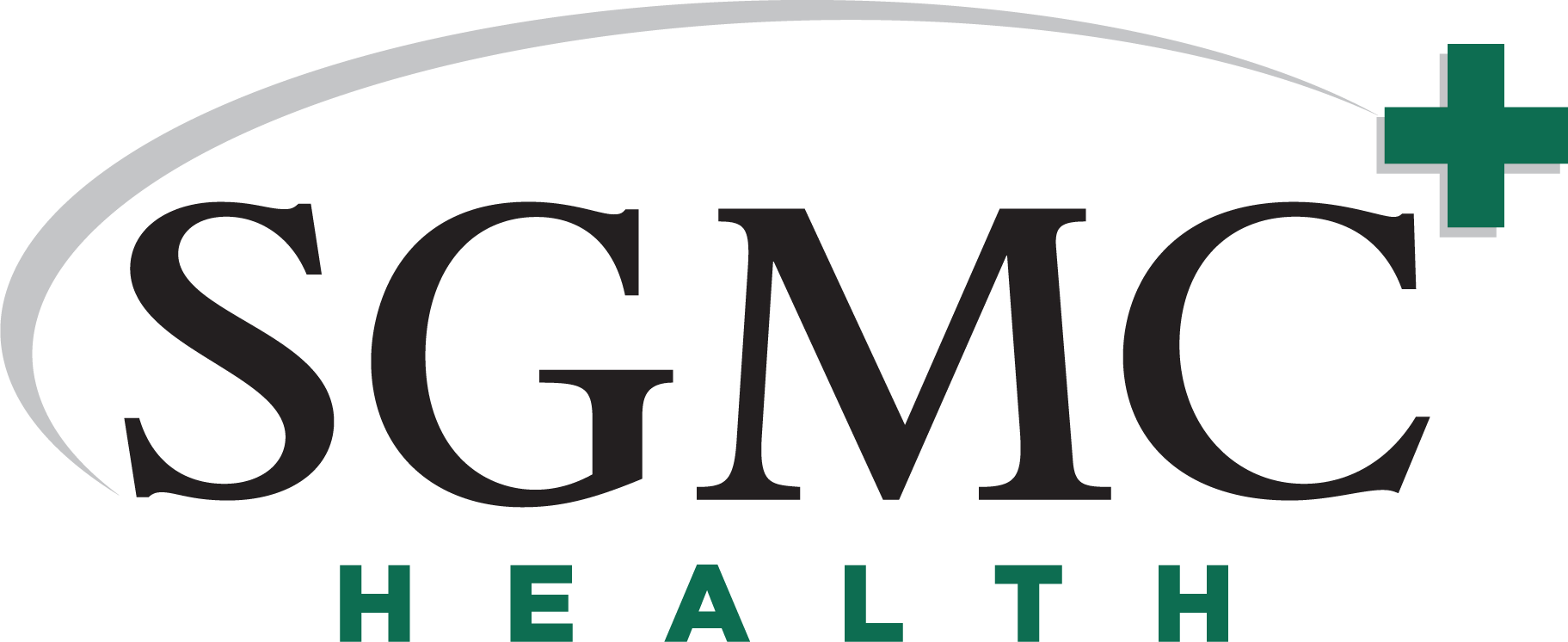Pregnancy is often the time many women evaluate their diets and raise concerns about how their eating habits may affect their unborn babies. After your baby is born, continue the good nutrition practices established in pregnancy. Pregnancy reduces many of the body’s stores of protein, iron and other essential nutrients. Eating well replenishes those stores and maintains good health.
General Suggestions:
- Do not immediately start a weight-loss diet
- Every day, eat plenty of protein foods, fresh fruits, vegetables and whole grains; limit your fat intake and empty calorie foods
- If you have anemia (low blood count) while you are pregnant or after delivery, be sure to include foods rich in iron each day. Good sources of iron include fish, chicken, turkey, lean meats, legumes, prunes and prune juice, and leafy green vegetables like spinach and kale. Eating these foods with good sources of Vitamin C (such as citrus fruits and other juices, broccoli, tomatoes, peppers, strawberries, cantaloupe or kiwi) helps the iron you eat pass into your blood where it is needed.
- Ask your healthcare provider if you should continue taking prenatal vitamins
- Fiber is important to soften and prevent constipation, especially if you have hemorrhoids or a sore perineum from an episiotomy. Fruits, raw vegetables, legumes, whole grain breads and cereals provide bulk without extra calories. Drinking fluids aids in elimination and prevents urinary problems.
Suggestions for Breastfeeding Mothers
- Avoid crash or fad diets that include limited food types and promise large, quick weight loss. You need a diet that provides adequate calories to meet your nutritional needs.
- Breastfeeding mothers need to eat lots of foods rich in calcium and protein. Good sources of protein include skim milk, low-fat yogurt, low-fat cottage cheese and other dairy products, spinach, broccoli, and collards.
- Drink only to quench your thirst. Drinking abnormally large quantities of fluids does not increase milk supply. Water, fruit juices, vegetable juice or soup are good fluid sources.
- While milk is a good source of calcium, it is also a common allergen. If you do not like milk or experience discomfort, gas, or diarrhea after drinking milk or consuming milk products, choose other calcium sources.
- Some babies do not tolerate cow’s milk protein received through mother’s milk. They cry a lot, have digestive upsets, eczema or diaper rash. Removing foods containing milk protein (whey, casein, etc.) from the mother’s diet usually helps.
- Caffeine can cause your baby to be fussy.
- Alcohol consumption should be extremely limited, if used at all. An occasional glass of wine or beer is OK.
- If you have any specific needs or questions regarding your nutrition, your nurse can contact a clinical dietician to talk to you while you are in the hospital.
- You may contact SGMC’s Lactation Consultant at 229-259-4274 for any questions you may have.
